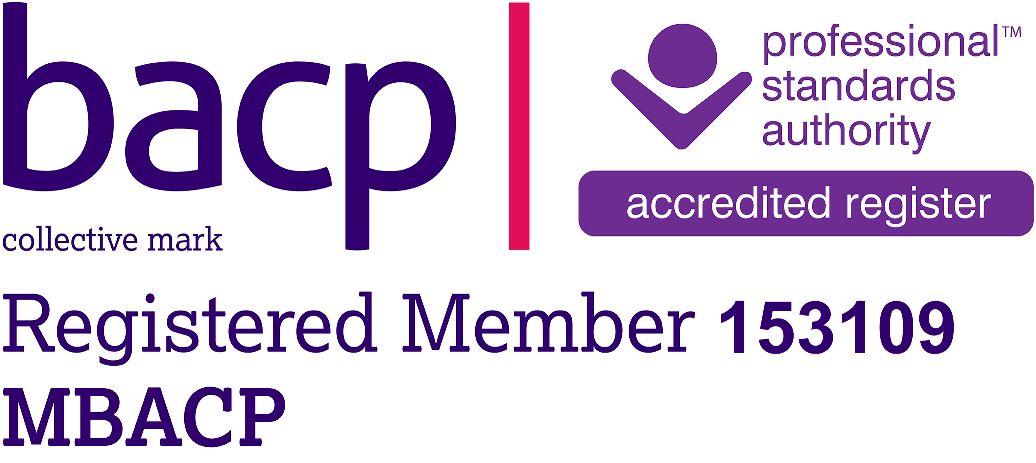The Ethics of Counselling
The nature of the Counselling relationship is rather unique by way of the trust and level of communication that can occur. You may find that once you engage with counselling this becomes much clearer and detailed. Whilst the way we engage with Counselling can be very different for us as individuals, the role of ethical Counselling can be seen as a consistent and constant necessity for everyone involved. In order to ensure my ethical conduct and your right of reply I choose to be a member of an organisation that constitutes the foundation of my ethical practice and my professional conduct.
The British Association for Counselling and Psychotherapy (BACP)
Looking After Your Interests
The BACP is a national body and my membership of it strongly affirms my commitment to offering you an ethical and safe service. This means that I operate as a Counsellor within clearly defined guidelines covering many aspects of my professional work. It constitutes a framework for the maintenance of my professional competence and my behaviour as a Counsellor. I will always have an intrinsic commitment to your best interests as reflected in my membership of the BACP. This means that my adherence to ethical practice is overseen by an independent body with the power to influence my professional conduct.
Setting the Standards
The BACP set the ethical and practical standards which govern the quality of Counselling offered by their members and serves to create a consistent quality of service UK wide. There are other organisations which fulfill an equivalent role for Counsellors, but essentially I see the BACP as applying the checks and balances which best suit my professional practice.
Maintaining the Quality and Ethical Standards
I continuously and diligently strive to conduct my work in accordance with the BACP Ethical Framework for the Counselling Professions. However I recognise the possibility that even with my most honest and honourable intentions you may feel dissatisfied with the service I have provided for you. The BACP upholds your right to an ethical and professional service and they have a framework for making formal complaints. My membership of the BACP means that if appropriate the BACP will investigate my conduct discretely and may review my membership status and or impose sanctions. Naturally I hope you will be satisfied with the service I offer, and I will never deliberately set out to give you any cause for complaint.
Professional Integrity
What Constitutes Professional Integrity
In practice my commitment to the BACP involves a level of conduct which has honesty, justice, equality and accountability at its core. My commitment to you involves putting your needs at the forefront of our work together and involving you with any aspects of the work necessary. I will treat you with honesty and respect and not judge you in any way. My firm belief is that you are the expert on your life and although my role comes from a position of some academic knowledge and experience, I will not impose my views on you. Your exploration is personal and unique and I respect and honour your rights as a human being to own your individuality. My aim is to try and be available you as a fellow person and respect your right to govern your own individual decisions and life choices.
How I see Professional Integrity
This for me is really bound up with my morals as a person. I seek to uphold my morals in every aspect of my life which includes my role as a Counsellor. The way I treat people is very important to me and I have a keen awareness about the close relationship between my professional self and moral self.
How does my Membership of BACP define my Professional Integrity
My membership of the BACP is conditional on my adherence to their Ethical Framework and I am committed to following this very important code of practice. The approach of the BACP to morality is perhaps a good metaphor for my own commitment to good conduct and fairness toward you.



